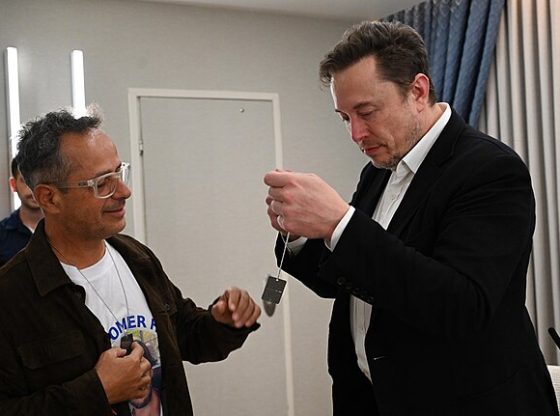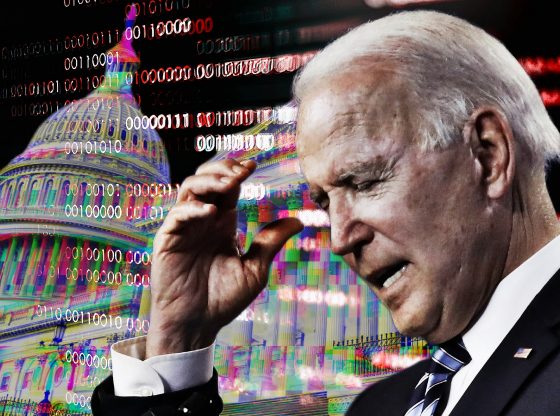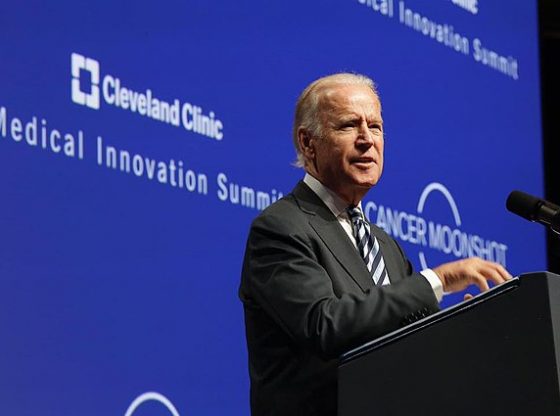Meta’s newly introduced text-based platform, Threads, has rapidly captured global attention, launching ahead of schedule and now available across over 100 countries. Within just seven hours of its release, the platform reported an impressive influx of over 10 million sign-ups. Such a response signals strong interest and potential in this fresh avenue for online engagement.
Mark Zuckerberg, the CEO of Meta (formerly known as Facebook), anticipates Threads evolving into a community of over one billion users, thus significantly contributing to the digital social fabric. Threads’ interface bears a striking resemblance to Instagram, while its features echo the dynamics of Twitter, fueling debates about its originality. Regardless, Threads presents a formidable challenge to other burgeoning platforms such as Bluesky and Spill, which have yet to effectively disrupt Twitter’s dominance in the microblogging landscape.
Threads’ roll-out strategy is characterized by a succinct scrollable feed of text posts, each with a maximum limit of 500 characters, while allowing the addition of photos and videos. However, it has faced criticism for its perceived lack of innovation, with some characterizing it as a Twitter clone.
The platform is poised to introduce future enhancements, including direct messaging, trending topics, and improved search functionality, features reminiscent of those offered by Twitter. Still, while Threads endeavors to make a splash in the microblogging sphere, Twitter remains unshaken, holding its ground against both new competitors and attempts to recreate its formula by left-wing platforms, which have thus far received a lukewarm response.
However, the global deployment of Threads hit a snag in Europe. Privacy concerns raised by the European Union (EU) and Ireland’s Data Protection Commission (DPC) caused the company to delay its European launch. These hurdles have not impeded Threads’ rollout elsewhere, with successful launches occurring in countries like the United States, Japan, Australia, and Canada.
There are widespread concerns about the ease at which fake accounts can accumulate followers, and the flaws in Threads’ verification system have been highlighted. Users have the option to purchase a blue tick for a monthly fee, a feature similar to what Twitter currently offers, which many view as a copied feature. However, it is widely known that having a blue tick on Twitter does not necessarily indicate verification of a famous or notable individual; rather, it often means that someone has simply paid a small monthly fee. Many people have stressed the importance of remaining vigilant, verifying information before reposting, and being cautious when deciding to follow accounts.
Meta, the company behind Threads, has claimed to implement safety measures such as minimum activity requirements and ID verification. Nevertheless, there is still a lingering risk. Furthermore, Threads collects various personal data, raising concerns about privacy and potential conflicts with upcoming EU regulations. The app is primarily text-based and connected to Instagram, enabling users to follow accounts of interest and engage in threaded conversations.
Alongside privacy and innovation issues, Threads faces further challenges pertaining to political bias. The platform has been accused of unwarranted censorship, specifically targeting right-wing users. In fact, several Republican accounts were reportedly removed within the first day of launch, despite claims of adhering to community guidelines that prohibit offensive memes, sexually explicit content, and foul language.
Such concerns raise questions about Threads’ commitment to balance and fair representation of diverse political viewpoints. As Threads looks to establish itself in the competitive realm of social media, addressing these issues will be crucial in building trust and maintaining user engagement. Only then can it hope to achieve its ambitious goal of a billion-strong community.
Ultimately, the success of Threads will be determined by its ability to navigate these hurdles, maintain user engagement, and deliver an impartial, open forum for dialogue and information sharing. In an era where digital platforms are increasingly influencing public opinion and political discourse, such impartiality is of paramount importance. The path ahead for Threads is both promising and challenging. The global digital community will be watching keenly.
















I am not a fan of Mark Zuckerberg or Facebook, or Meta whatever he calls it for that matter, and his left-winged agenda. The best thing that happened to Social Media is Elon Musk.
Still censoring day 1
What facebook, meta and instagram users don’t realize is that Mr. Zuckerberg believes everyone should know everything about everyone else. He makes it difficult for users to keep their personal information and posts private, saying that anything posted is owned by the company. So users beware.